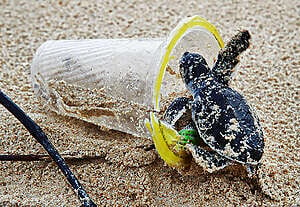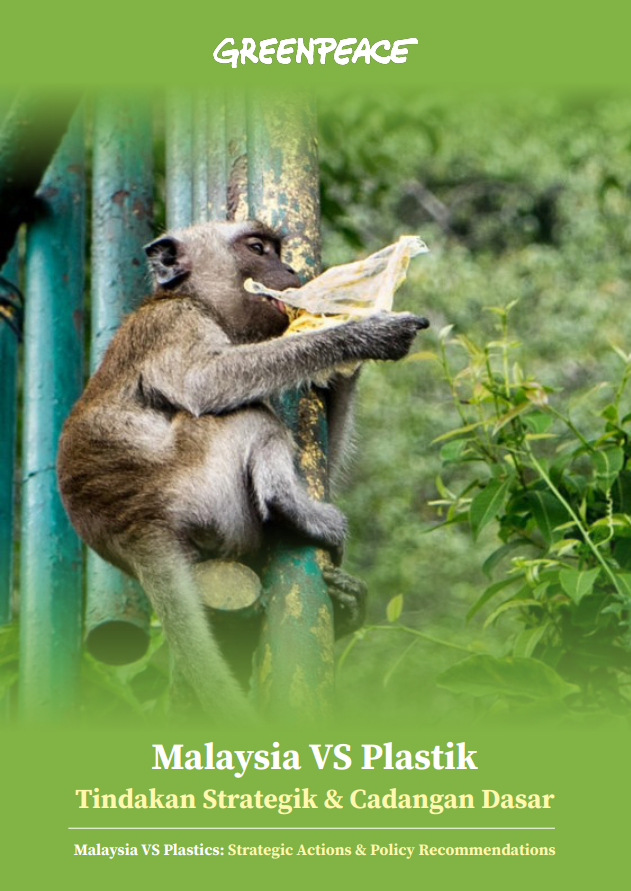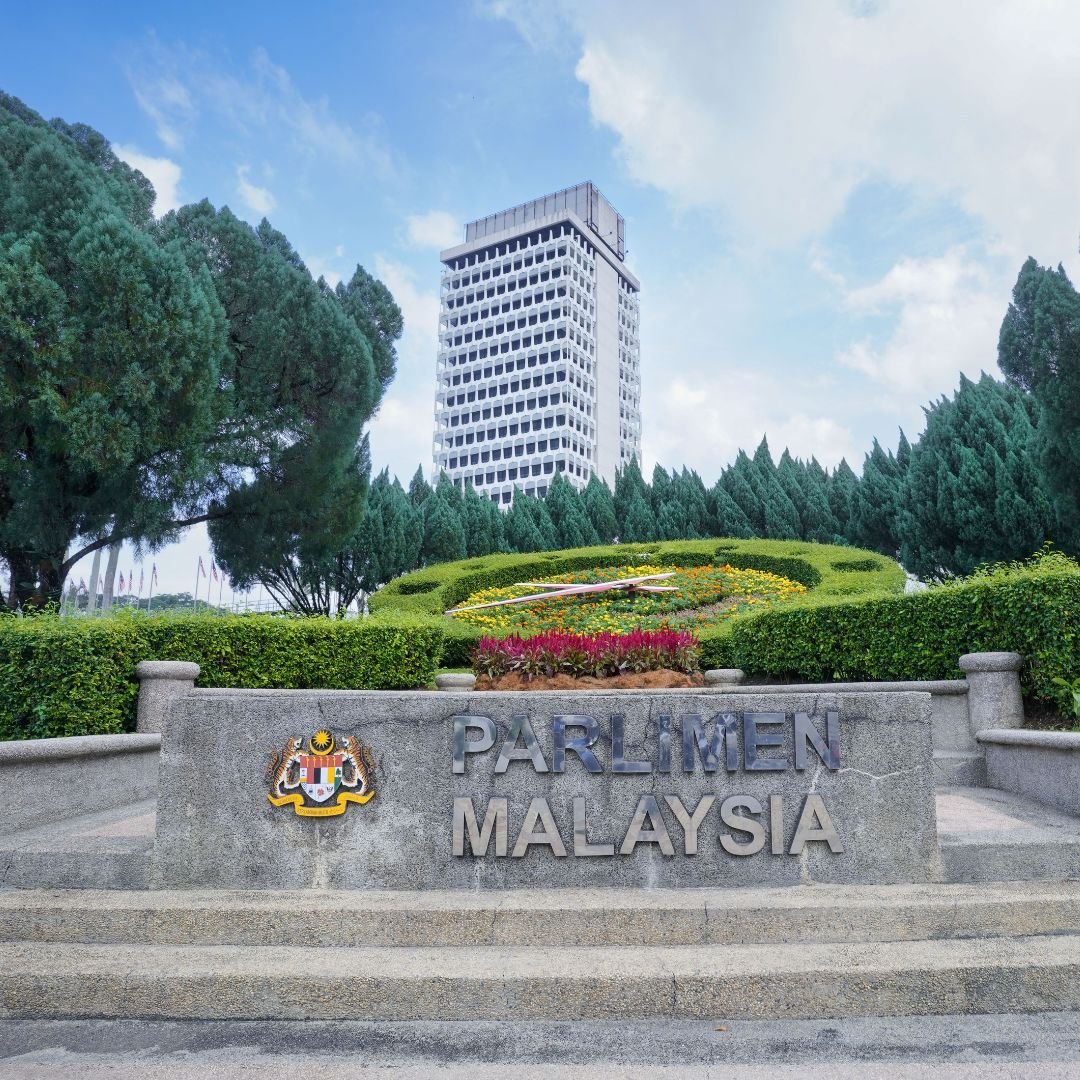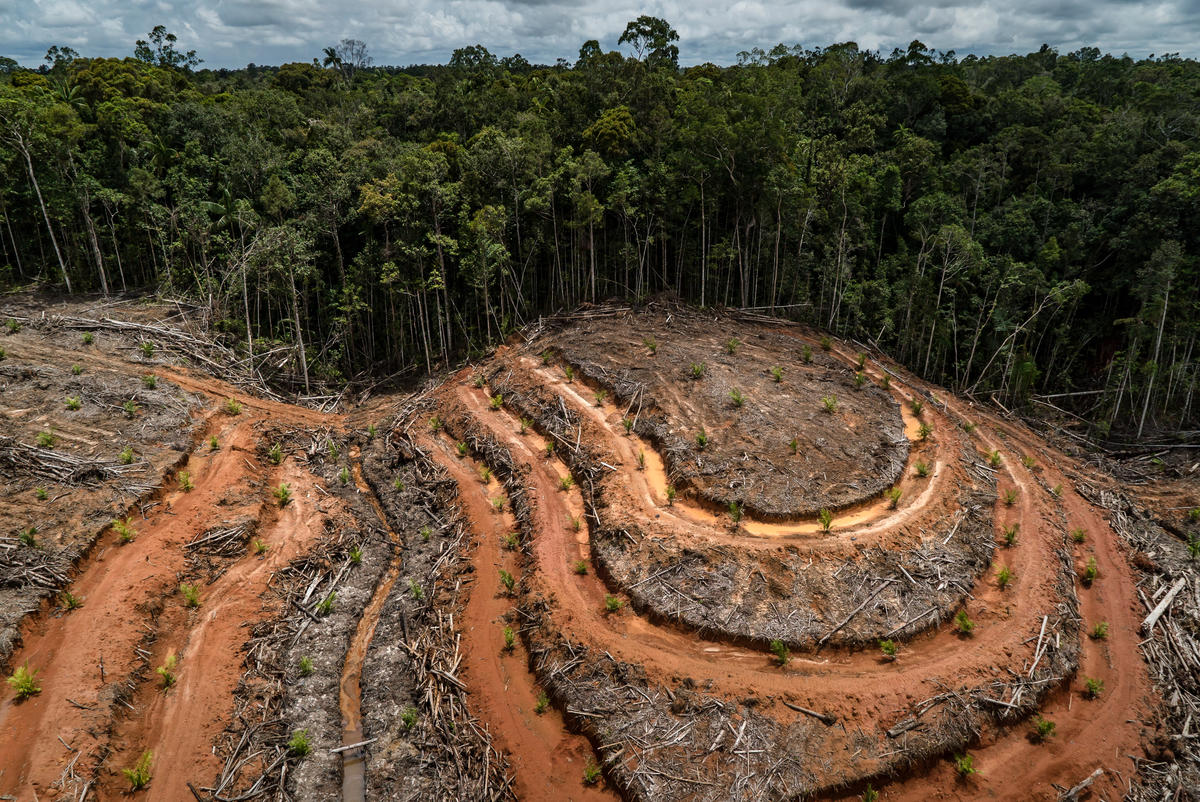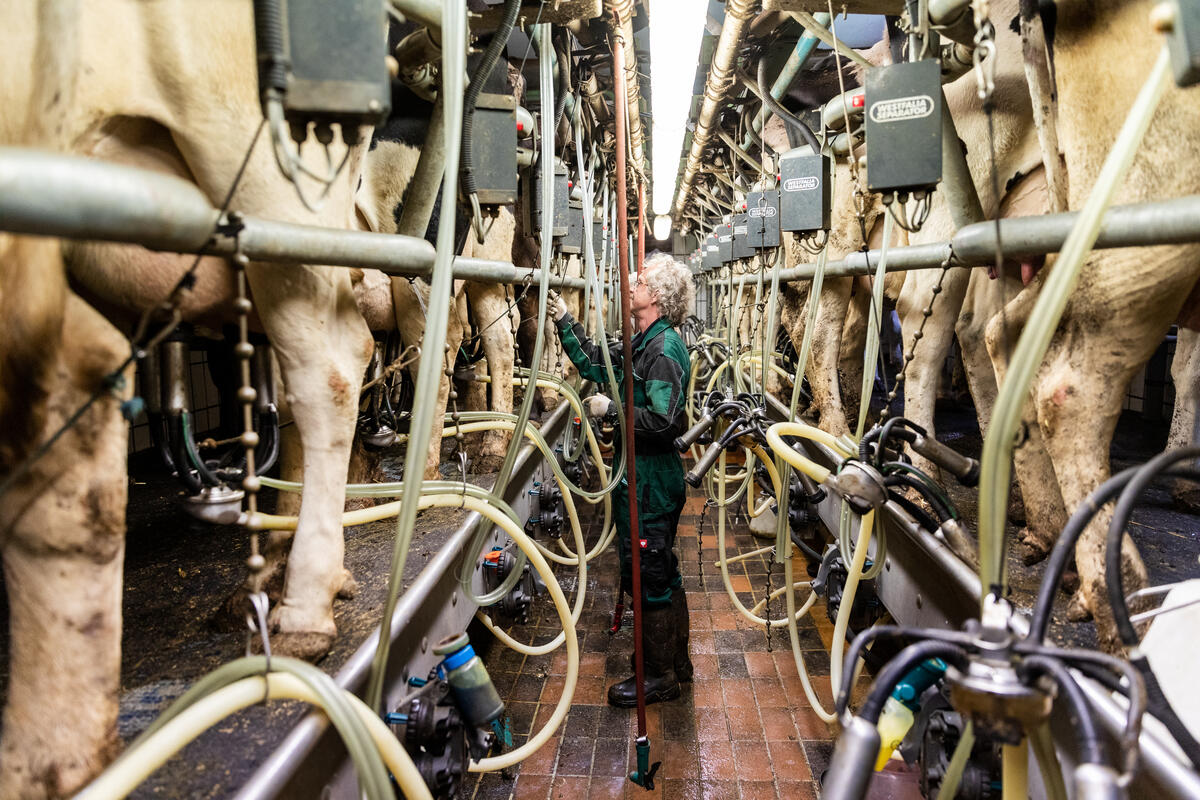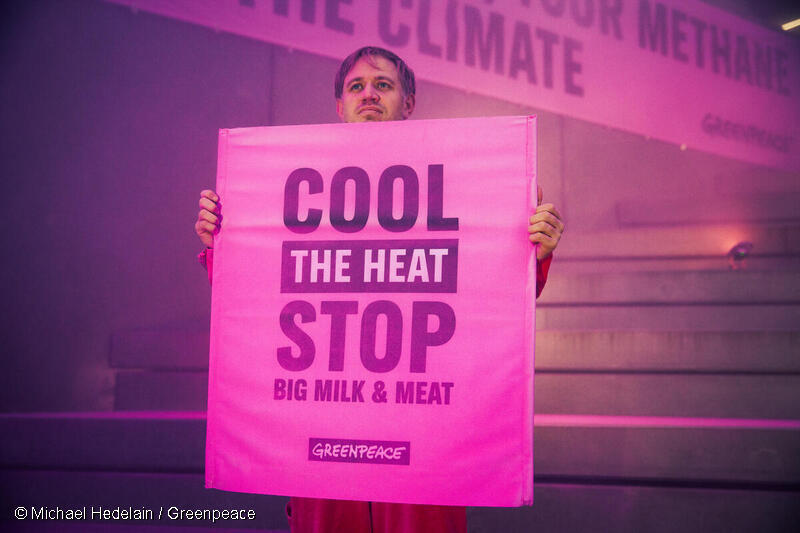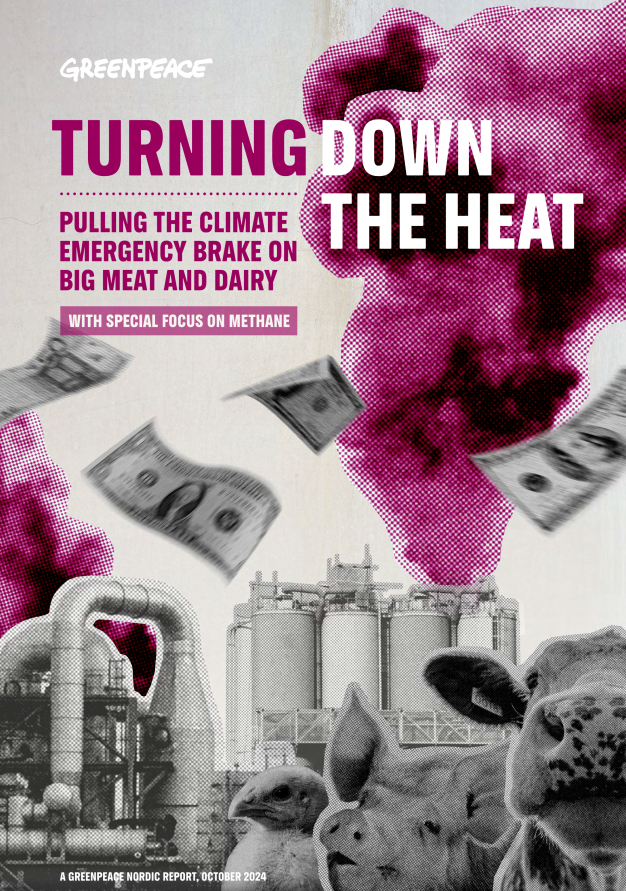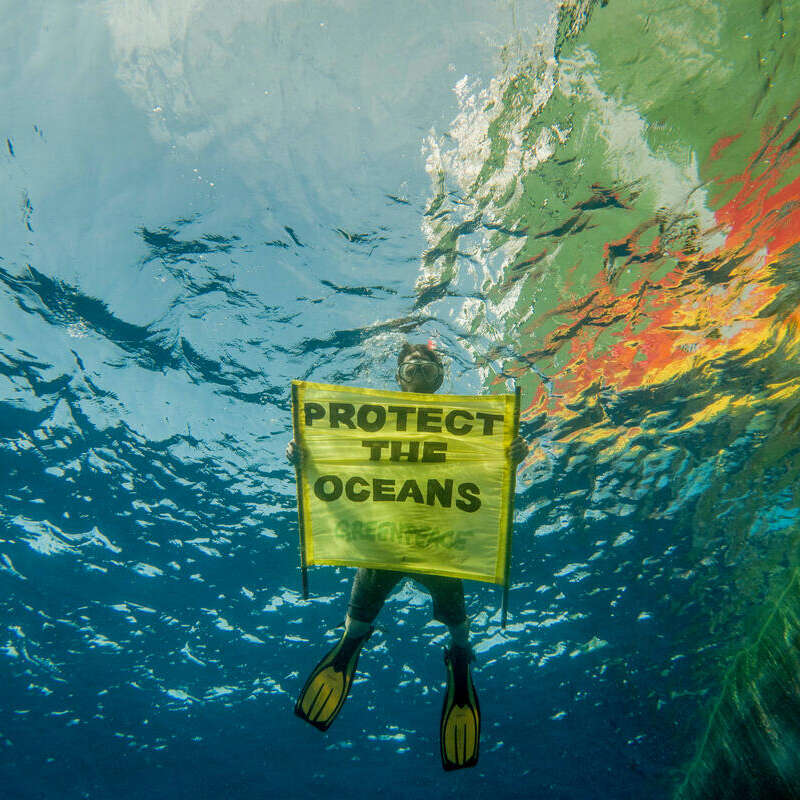All articles
-
Malaysia vs Plastic
Strategic actions and policy recommendations Greenpeace Malaysia sent to the Ministry of Natural Resources and Environmental Sustainability (NRES).
-
A call for genuine climate action
Greenpeace Malaysia welcomes certain positive measures in Malaysia’s Budget 2025 but expresses concerns over the government’s ongoing reliance on unsustainable solutions.
-
RSPO weakens standard on No Deforestation; misses opportunity to become compliant with incoming EU Deforestation Regulation
Jakarta, 24 October 2024 – The Roundtable on Sustainable Palm Oil (RSPO) has revised its key rule set for member companies, known as its ‘Principles and Criteria’. Grant Rosoman, Senior Advisor at…
-
The dark side of plastic and unearthing real solutions
Challenging cultural norms of our dependence on plastic, through art, film and stories, with the ‘Journey to End Plastic Pollution’ public engagement event by Malaysia Stop…
-
Poop, burps and farts: methane, the invisible gas that cooks our climate
Poop, burps and farts: methane, the invisible gas that cooks our climate and heats up our planet faster than other gases.
-
Meat and dairy giants’ methane emissions rival Big Oil’s
Estimated methane emissions of 29 meat and dairy companies analysed by a new Greenpeace Nordic report rival those of the world’s reported 100 biggest corporations in the fossil fuel sector.
-
Turning down the heat
Pulling the climate emergency brake on big meat and dairy
-
Objection to proposed Oil & Gas project in Tun Mustapha Marine Park
An Open Letter to the Ministry of Energy Transition and Water Transformation and the Government of Sabah Regarding Oil and Gas Exploration in an IUCN Marine Protected Area4 October 2024.
-
Silent Enemy: Report on Haze Pollution & the Right to Clean Air
Report on Haze Pollution & the Right to Clean Air
-
5 reasons why ‘natural’ (fossil) gas is no better than oil and coal
Just because natural gas has the word ‘natural’ in it, doesn’t mean that it is safe for the planet, people and the climate.

